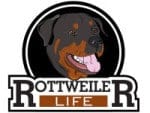10 Long Haired Dog Breeds : If you are interested in getting dogs as pets for your kids, chances are that you will want them to look friendly and fun to play with. Fortunately, there are a number of species that have such qualities. The long haired dogs are of particular interest to most people, since they look inherently sweet and gentle. The only problem with them is that some of them tend to shed their hair a lot, and also need a lot of care to keep their coats clean. However, if you are willing to look past this, you can end up having a lot of fun with long haired dogs. Some of the most popular of these dogs include:
1. Long Haired Dog Breeds The Wheaten Terrier

This is a dog species that has been native to Ireland for the past 200 years. Some of the qualities that make it so popular with many people around the world include the fact that it’s very quick and agile, making it perfect for farm use. It also has a thick, soft coat that you and your kids are likely to have a lot of fun with.
2. Long Haired Dog Breeds The bearded collie
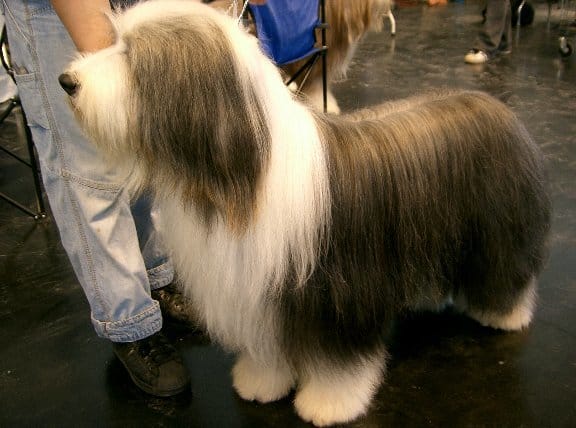
As the name might suggest, this dog species has characteristically long facial hair. This makes it look very gentle, making it the perfect family pet. They happen to be very gentle and love playing, especially with kids.
3. Long Haired Dog Breeds Maltese
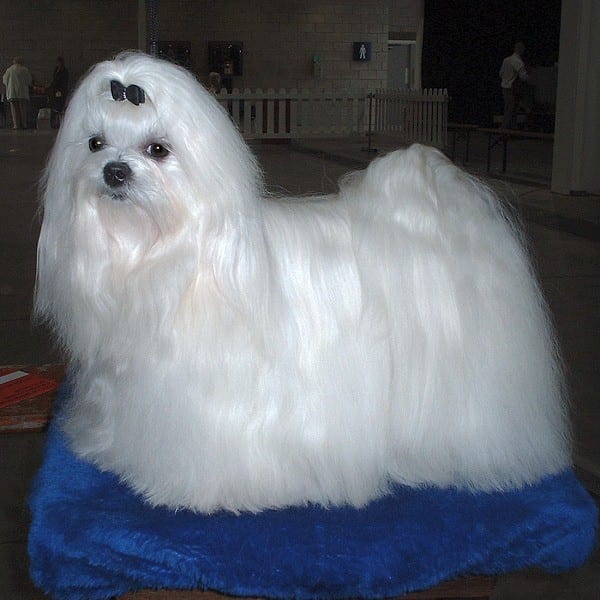
These tend to have very soft, silky hair. When taken care of, they are very attractive dogs and will definitely draw a lot of compliments from people around you. The fact that they have traditionally been owned by royalty is just testament to the fact that they look good.
4. Long Haired Dog Breeds Yorkshire Terrier
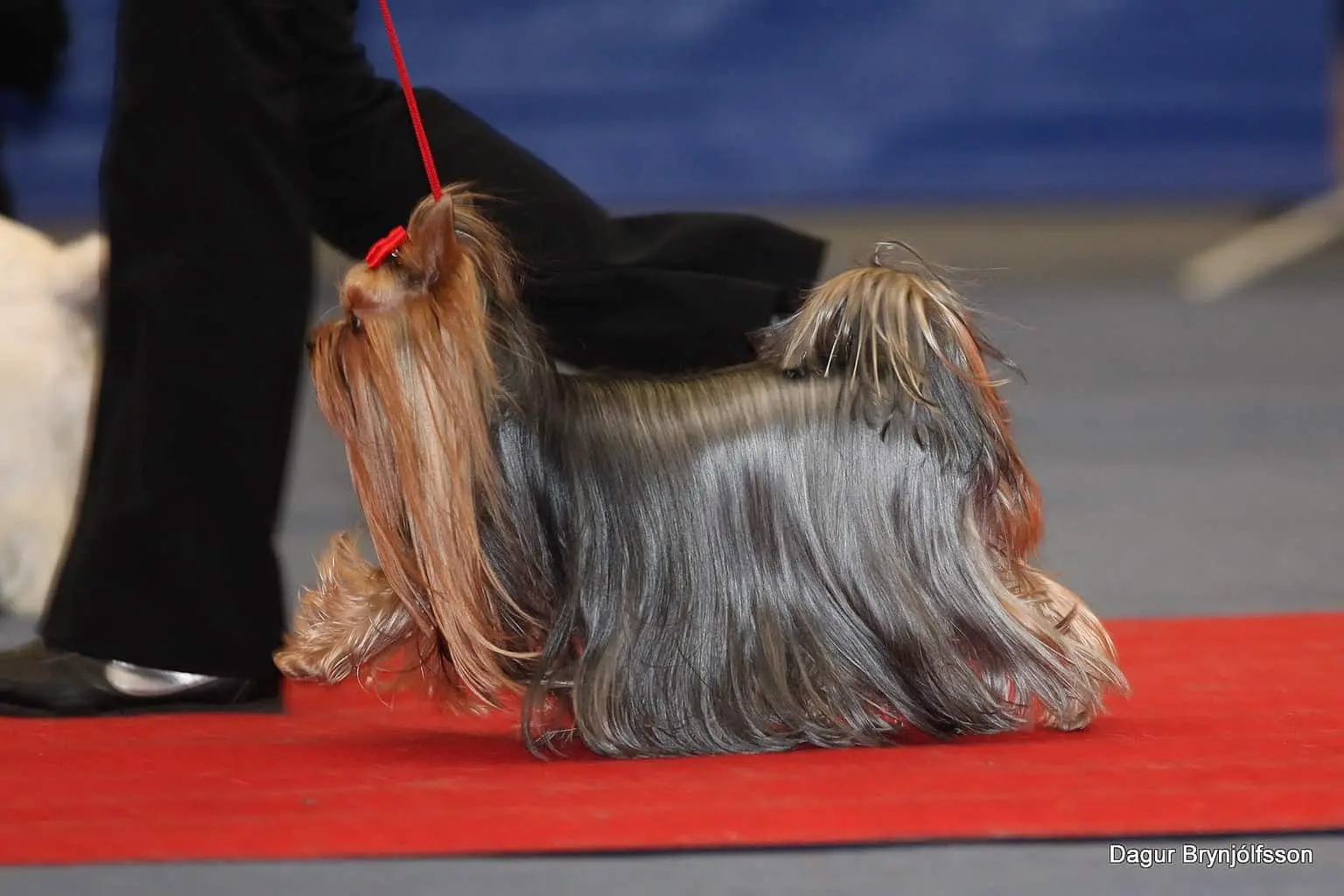
These are known to be very brave dogs. They have silky blue coats and have also been favored by most royals, especially in Europe. They are very energetic dogs, which makes them the perfect family pet. The fact that they have very long hair means that they need a bit more attention in order to care for it.
5. Long Haired Dog Breeds The Afghan Hound
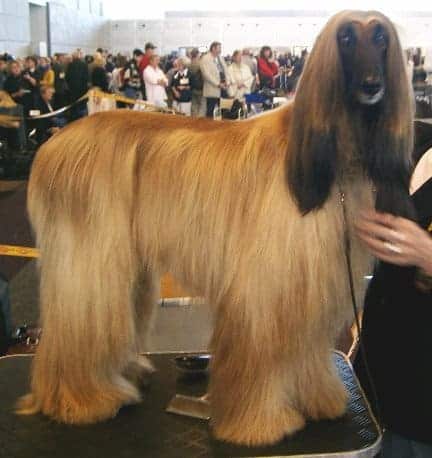
The Afghan Hound is a popular show dog, and one of the reasons for this is that it has a very thick and attractive coat. This comes in many different colors, and is worth having as a family pet.
6. Long Haired Dog Breeds Havanese
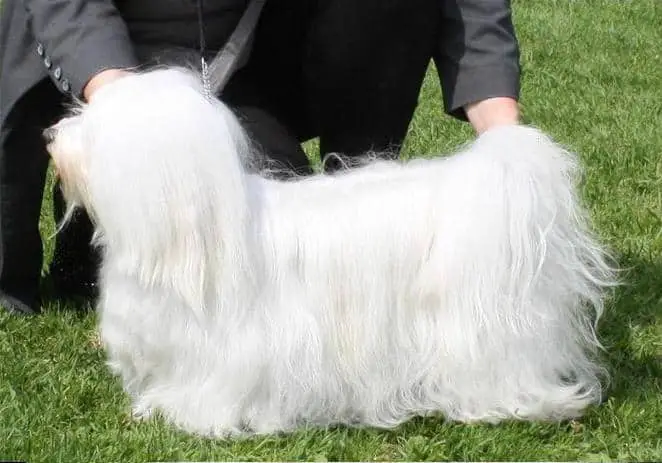
These are native to Cuba, and normally have very long coats that come in many different structures. For instance, there are some that have straight hair, and some that have curly or wavy hair. Whatever your preference, you can be sure that there is a long haired Havanese that suits your preferences.
7. Long Haired Dog BreedsKomondor
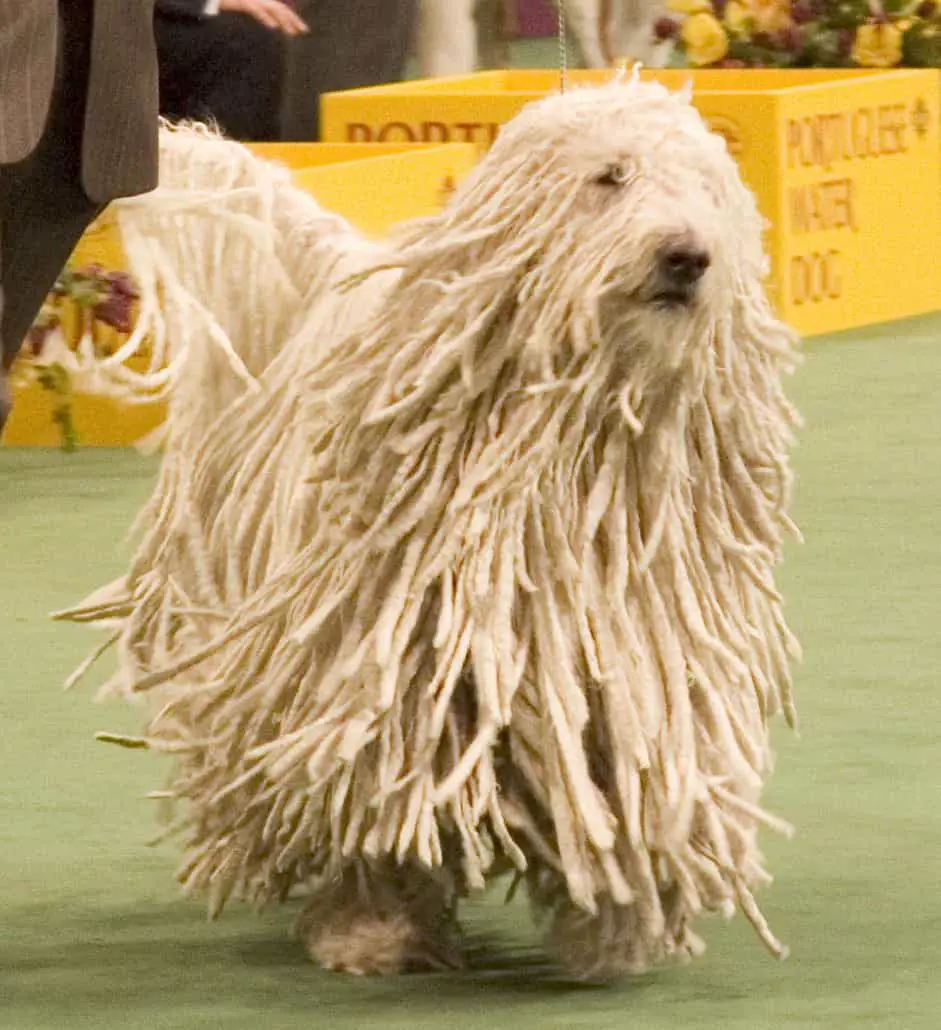
This has thick, mop-like hair that gives the dog an imposing presence especially when you consider its size. However, despite looking slightly mean, they are actually very gentle dogs and have a good enough temperament to be family pets.
8. Long Haired Dog Breeds Bernese Mountain Dog
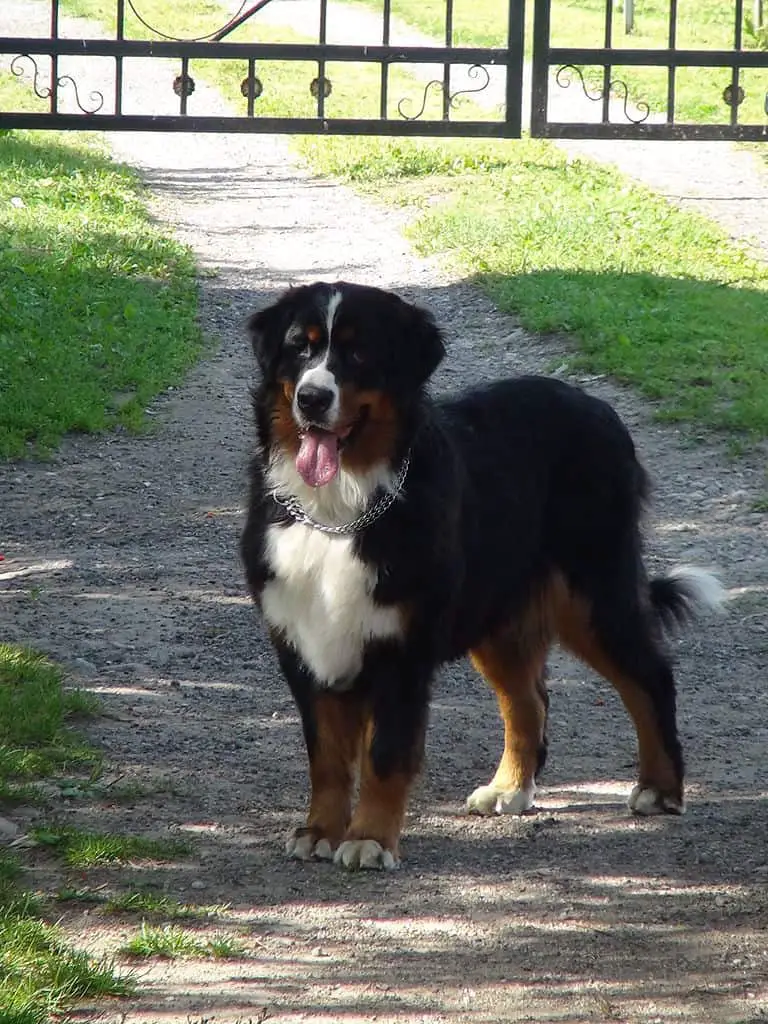
These are traditionally mountain dogs, so it’s expected that they should have long hair to protect them from the cold. They also happen to be very intelligent.
9. Long Haired Dog Breeds Lhasa Apso
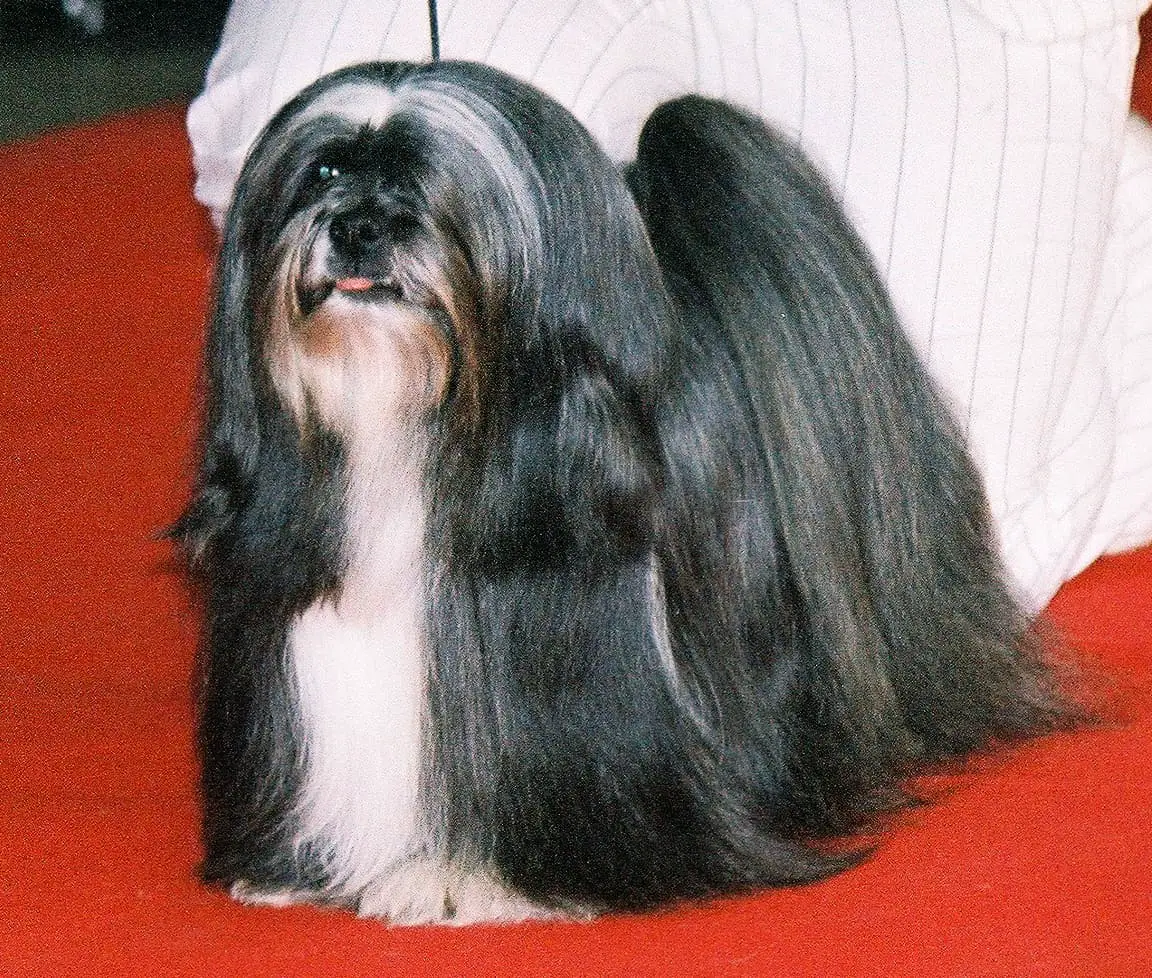
This rare species is well known for its sense of loyalty, and its long curly coat that makes it look very adorable.
10. Long Haired Dog Breeds Shih Tzu
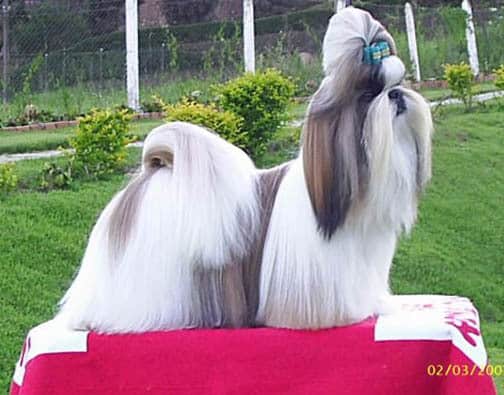
These have very dense, thick coats. They also have an outgoing and energetic temperament, and require minimal exercise.

